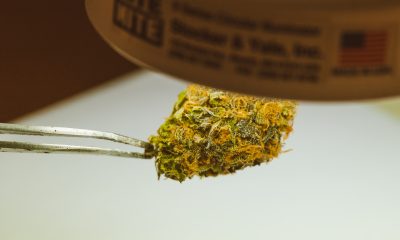Cannabis
Marijuana in Mexico: Breaking the stigma and caring for the market
Marijuana legalization is a trending topic in many countries. In 2013, Uruguay was the first country to legalize recreational cannabis. Canada followed suit and legalized marijuana in 2018. Now, many countries have stepped up. Meanwhile, Mexico is ready to seal the deal with, having asked for the public’s opinion about legalization. This showed a favorable response toward legalization.
In mid-2017, the Mexican legislature approved the medical and scientific use of marijuana. Proper regulation of the medicinal use of cannabis in Mexico will help to break stigmas within the medical community. Although it also generates uncertainty about the possible avalanche of foreign investment in the sector to monopolize the market.
Medical and scientific use of marijuana
“It is an important step. It will open the door to inform, to make the benefits visible. Also to break with the specialists’ fear of prescribing these products,” said Dr. Fernando Márquez, a surgeon. The Federal Commission for Protection against Sanitary Risks has not carried out a regulation.
A regulation that facilitates the marketing and import of products derived from the plant. The delay in regulating the use of the plant was in part to misinformation and fear in health. Professionals because of those who have ventured into the analysis and prescription of marijuana.

Investigation about cannabis benefits
Márquez is part of Cannapeutas de México. This is an association that brings together doctors who investigate the health benefits of cannabis. They are among the few specialists who prescribe drugs with cannabinoids.
He explained that you have to follow a procedure before the Cofepris. This is because most of the drugs can be found in pharmacies. At the end of last year, Cofepris published guidelines on health control of cannabis and its derivatives. They were for the release of products with concentrations of 1% or less of tetrahydrocannabinol THC.
These rules authorized the marketing, export, and commercialization of some products. As a result, almost 14 companies got 60 licenses. You could import both psychoactive and non-psychoactive raw materials: food supplements, textiles, and seed as food.
Cannabis legalization
At the same time, the legislature discusses the legalization of cannabis for medical, scientific, recreational and industrial purposes. This study is all through several initiatives by different deputies and senators.
José Lugardo Espejel assured that there was a lack of political will to legalize this industry in Mexico. “Cannabis is still something that you can not see. However, it has a connection with the tobacco industry and alcohol. Even when this industry does have health benefits,” he said.
The businessman pointed out that the industry in Mexico is already ready to ask for licenses. As soon as the use of cannabis use becomes legal. However, there is still uncertainty. This is because we already know that foreign companies have intentions to monopolize the Mexican market.

Cannabis legalization
“The current opinion says that 80% of the business has to be national and 20% foreign. We know that there is still corruption in the country and we have to pay attention to that,” he said. The advantage is that there are many specialists and researchers in Mexico.
They achieved a broad knowledge of the plant. “And that is very valuable,” he said. In this regard, Lorena Beltrán, president of the Mexican Association of the Regenerative Industry of Cannabis, stressed that Mexico should take advantage of its geographical and climatic conditions to take advantage of cannabis production.
Conclusions
“We have the best climate, the best ecosystem. We can produce three or four crops a year, and that no other country can do, we have to take advantage not only that but all the benefits of the plant that are a universe that we have not yet finished discovering. Finally, Dr. Fernando Márquez said that one of the keys to ending the stigma of cannabis is to give visibility to patients.
“We don’t appreciate their stories. We must present the cases of patients who have improved and doctors must lose the fear of saying that working with cannabis,” he said. He noted that, so far, the plant should to be useful in the treatment of many diseases, including Parkinson’s, Alzheimer’s, epilepsy, cancer, and diabetes.
—
(Featured image by stevepb)
First published in infobae, a third-party contributor translated and adapted the article from the original. In case of discrepancy, the original will prevail.
Although we made reasonable efforts to provide accurate translations, some parts may be incorrect. Hemp.im assumes no responsibility for errors, omissions or ambiguities in the translations provided on this website. Any person or entity relying on translated content does so at their own risk. Hemp.im is not responsible for losses caused by such reliance on the accuracy or reliability of translated information. If you wish to report an error or inaccuracy in the translation, we encourage you to contact us.

-
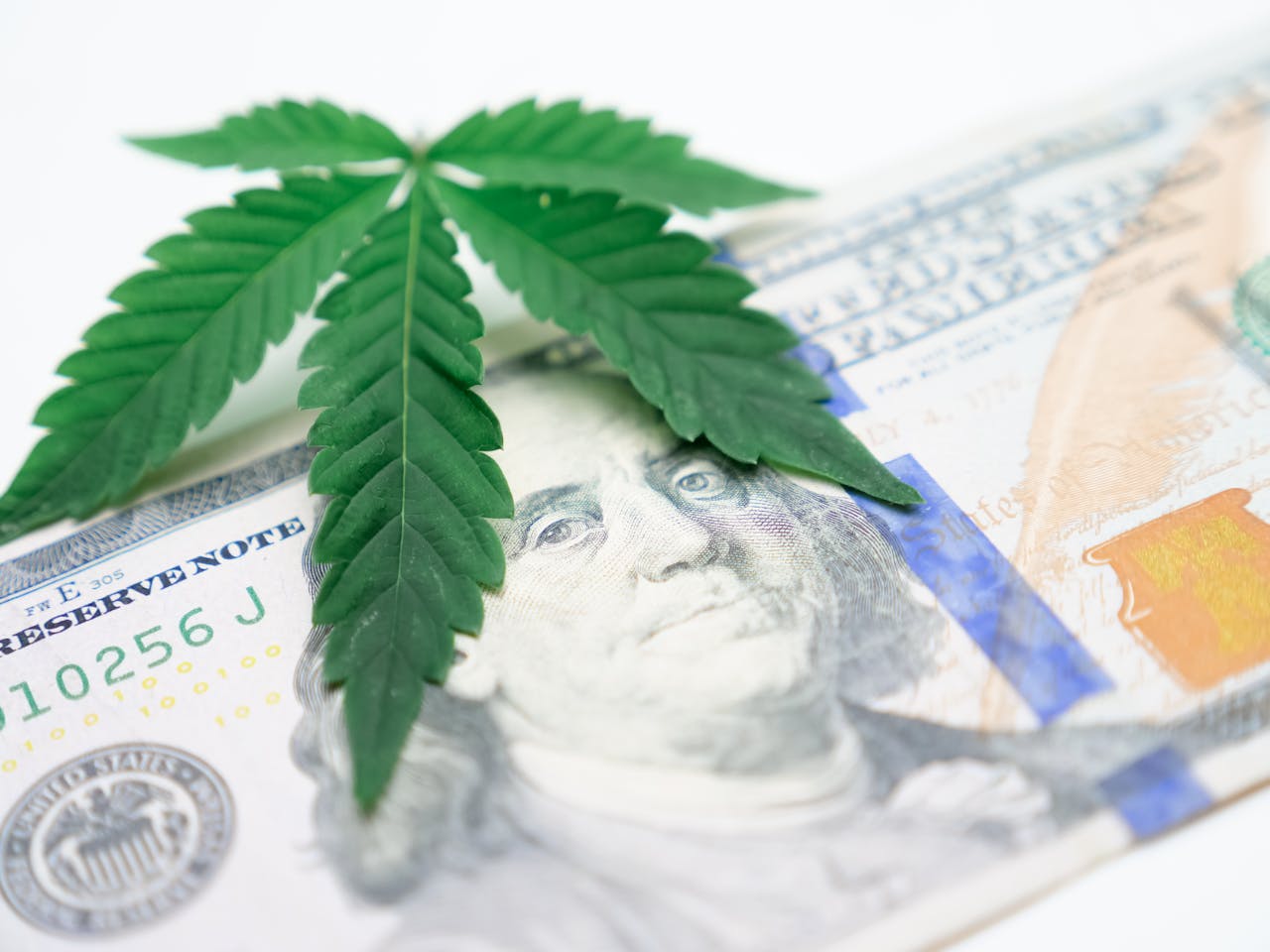
 Cannabis1 week ago
Cannabis1 week agoJuicyFields – the Largest Investment Fraud in the Cannabis Industry
-
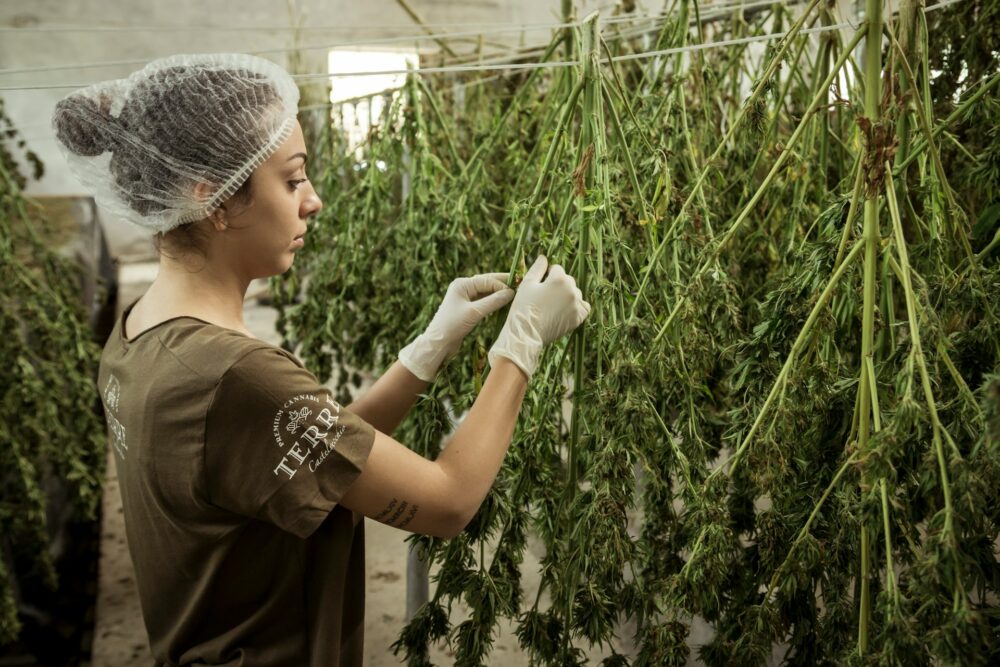
 Cannabis2 weeks ago
Cannabis2 weeks agoThe Legal Cannabis Industry in the U.S. Provides Over 440,000 Full-Time Jobs
-
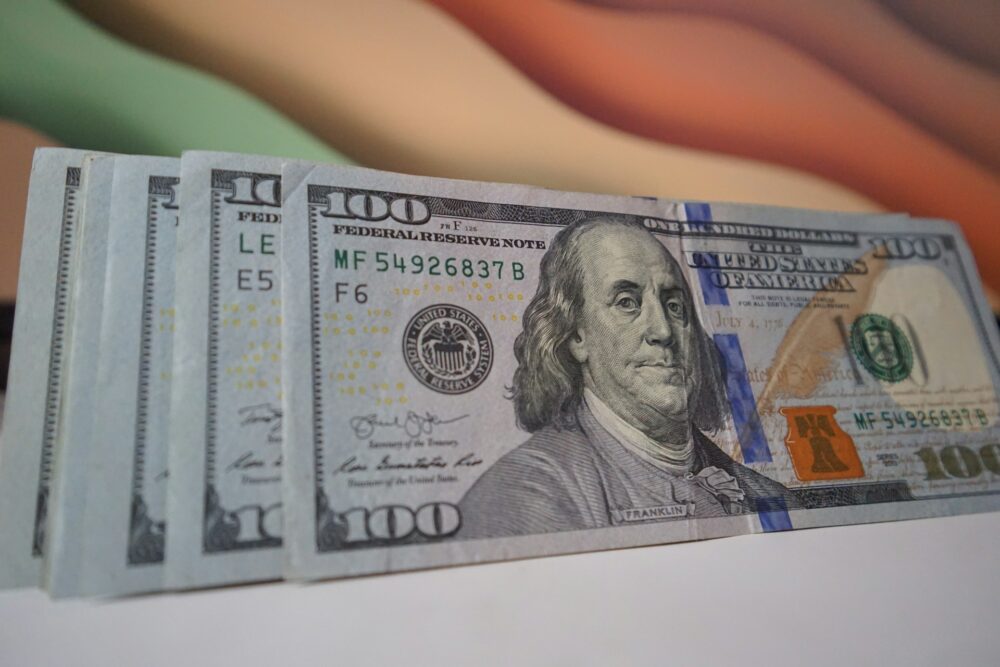
 Business4 days ago
Business4 days agoBananas Grow in Washington: Powell and FOMC Pinning for Rate Cuts
-
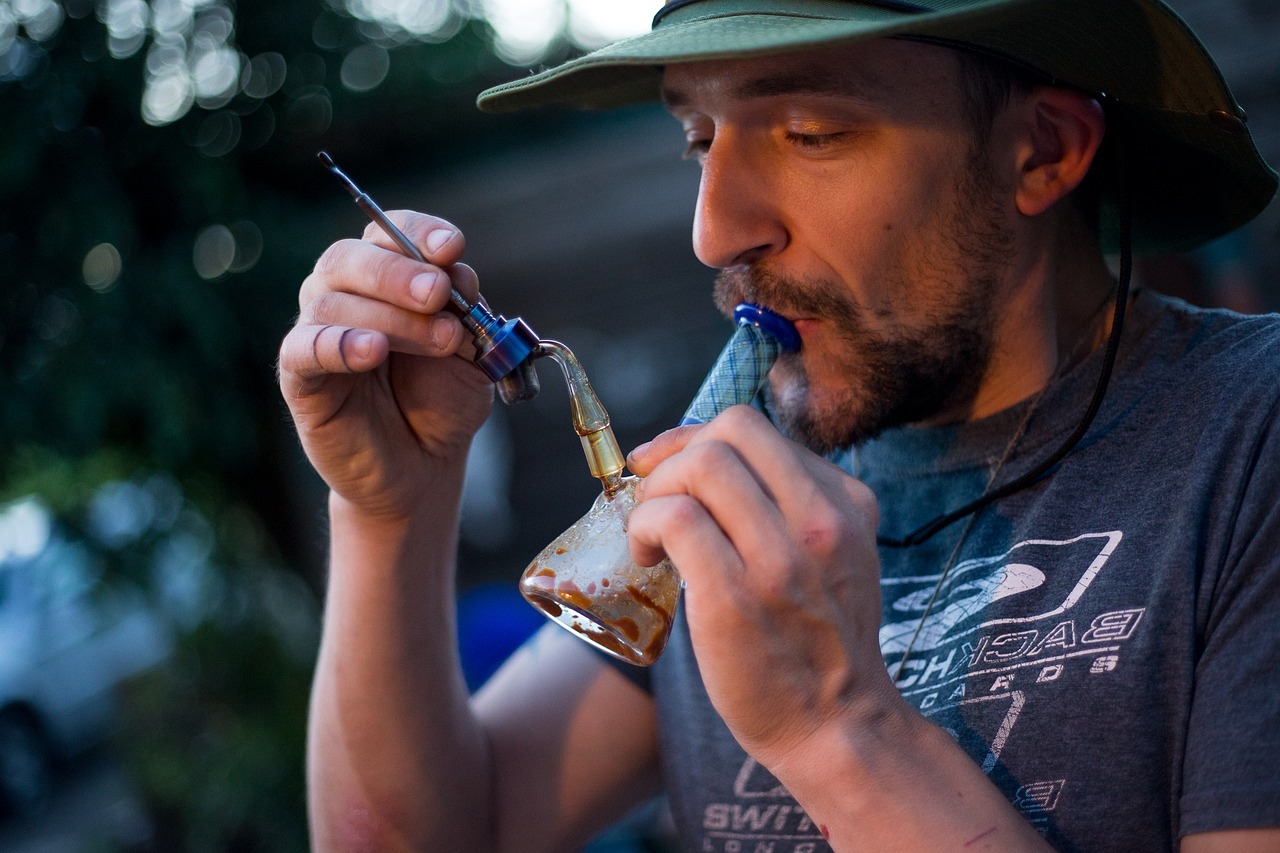
 Cannabis1 week ago
Cannabis1 week agoCannabis Legalization Reduces the Likelihood of Youth Using It






